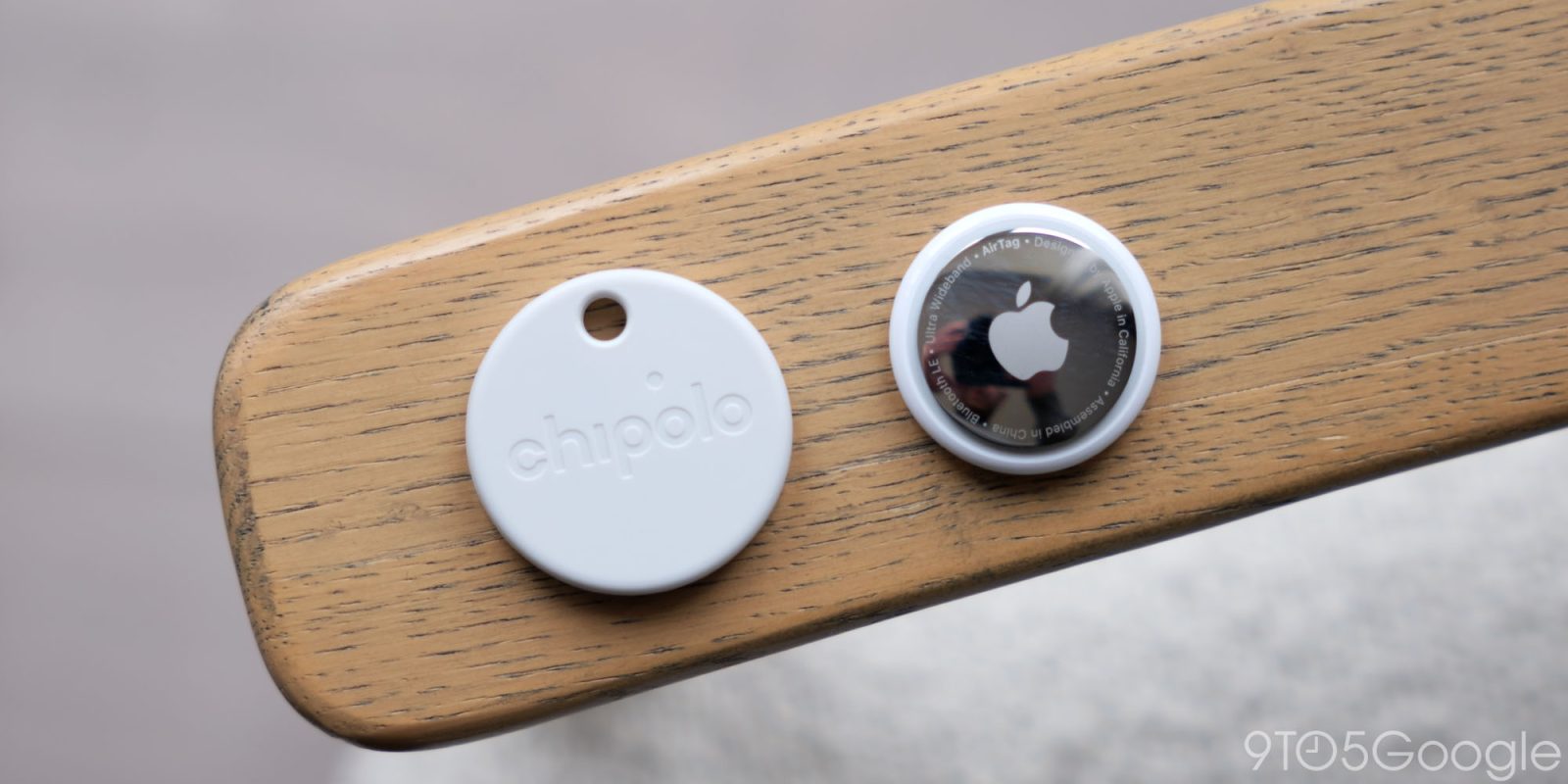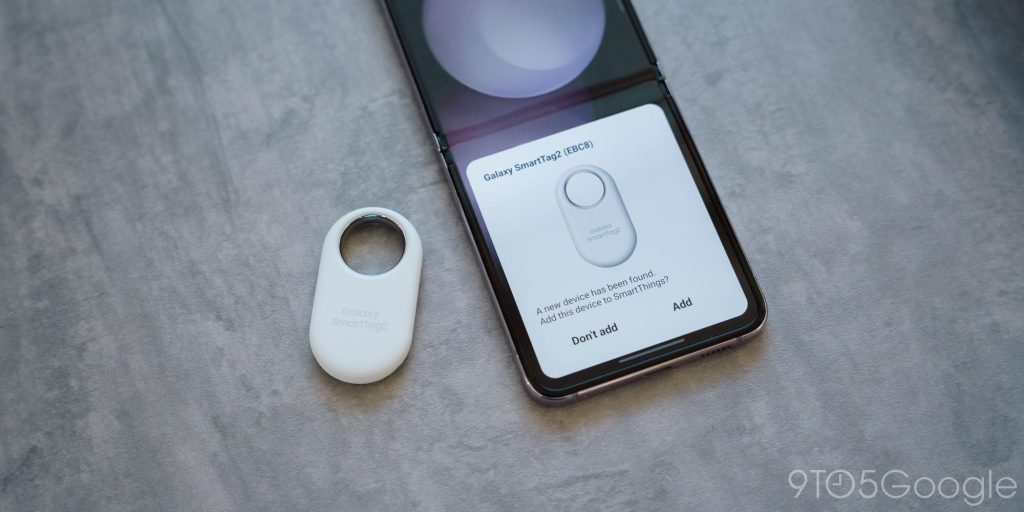
For years I’ve been fairly envious of the utility of Apple’s AirTag trackers, but I waited in hope for Google to bring the same thing to Android. That finally happened earlier this year, but Google missed the mark on Android’s Find My Device so greatly that, at this point, I’m just going to buy more AirTags instead.
Since picking up an iPhone 15 Pro last year to get my occasional taste of iOS (which I still, overall, greatly dislike), I’ve also collected a couple of AirTags. For the peace of mind, I slipped one into my backpack, and another in my suitcase as well. But the plan was always to ditch them when a suitable Android alternative came because trying to track down a lost AirTag just meant that, any time I left the house, I’d need to bring my iPhone along with me. No thanks!
That’s why I was really excited for the launch of the Find My Device network.
I had planned to purchase a handful of trackers from Pebblebee, seeing as the hardware is better (thanks in part to it being rechargeable) and slip them into my wallet, bags, suitcases, and more. I’ve, thankfully, never been in a place where I needed one of these trackers anyway, but I wanted to have them in place if the need ever arises.
But given the current state of the Find My Device network, I’ve abandoned that plan.
It was abundantly clear when I sat down to review the Pebblebee trackers that the Find My Device network’s rollout was hindering the functionality, and everyone seems to agree. You don’t have to dig far to find stories of the Find My Device network simply being useless when it comes to finding trackers. Our Damien Wilde also did a test of the network up against Samsung and Apple’s networks, and the Find My Device network simply could not keep up at all.
This boils down to how Google has decided to operate the network. For the sake of privacy, Google only turns the network on by default in “high-traffic areas,” the threshold of which the company has yet to disclose, and also requires that more than one device report the location of the discovered tracker.
I’d argue that Google has chosen privacy over functionality.
In the US, where Android phones are more in the minority, that makes the network all but useless, as it’s entirely plausible, even likely, that a tracker won’t be in the vicinity of two Android phones in any kind of frequent window of time. And, over in Europe and the UK, the network is still so sparsely rolled out that, combined with those other two issues, tracking is nowhere close to reliable, and that’s if it works literally at all.
As it stands right now, I think the vast majority of Android users are better off buying AirTags for their tracking needs and just asking their friends to set them up, or even just buying a super-cheap used iPhone or iPad to do so. Once they’ve been set up, you can track them via the web too, meaning you can actually check the location of the device from your Android device (assuming you don’t run into issues with Apple’s two-factor sign-in, which requires an iOS device).
Top comment by Al
I feel bad for companies like Pebblebee who have produced what seem to be great quality rechargeable tags, had to sit on their sales for a year, then when the network finally launches Google can't do anything right or respond quickly or in the right way.
That option, despite being an absolute pain in the case that an item is lost, would be far more useful and reliable than the current state of the Find My Device network.
The other alternative would be Samsung’s Galaxy SmartTag 2, which performs admirably up against the AirTag, and way better than the Find My Device network, despite working solely with Samsung Galaxy devices. Seeing as I’m really enjoying my Galaxy Z Fold 6, I might end up doubling down on Samsung trackers as well, especially as they’re pretty easy to score for cheap.

How’s your experience been with the Find My Device network? Let us know in the comments below and, if you haven’t already, go check out Damien Wilde’s ultimate test of the Find My Device trackers where, surprise surprise, they performed horribly.
More on Find My Device:
- Find My Device stress test: How good is Google’s tracking network? [Video]
- Pebblebee’s Find My Device trackers for Android are now shipping immediately
- Eufy quietly delays trackers for Android’s Find My Device network to ‘late 2024’
Follow Ben: Twitter/X, Threads, Bluesky, and Instagram
FTC: We use income earning auto affiliate links. More.




Comments